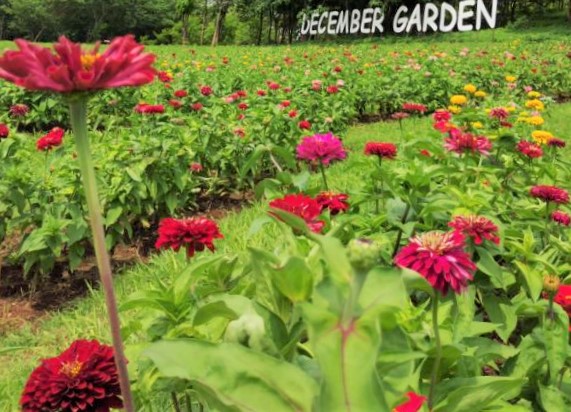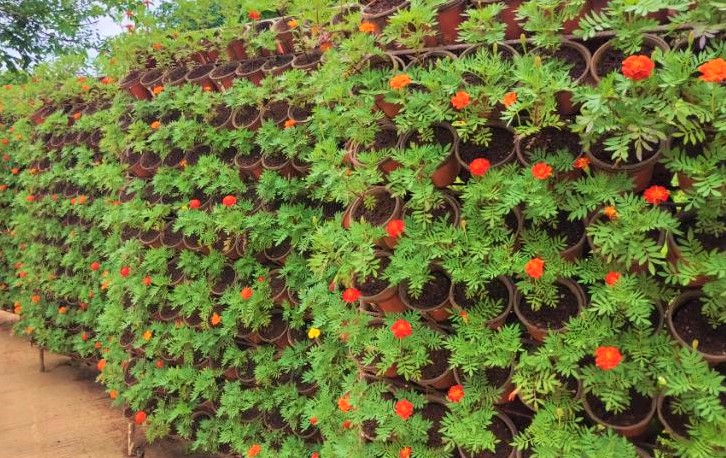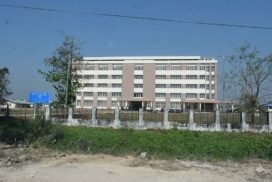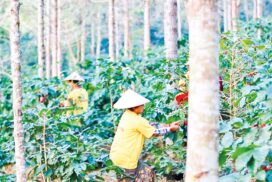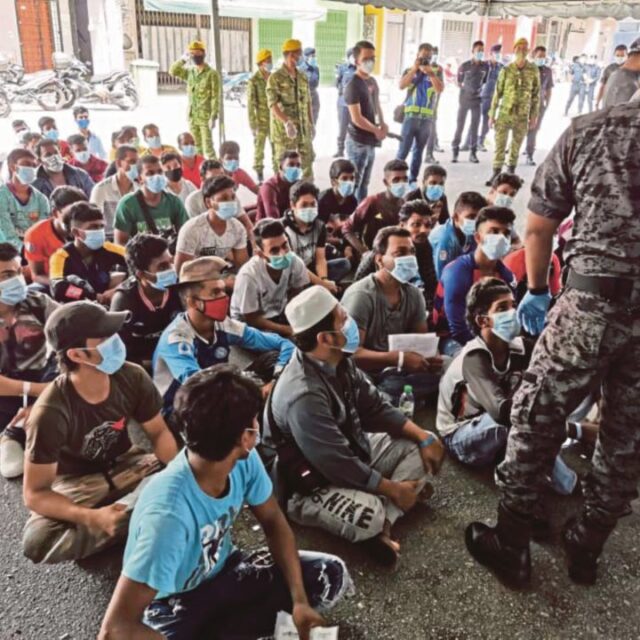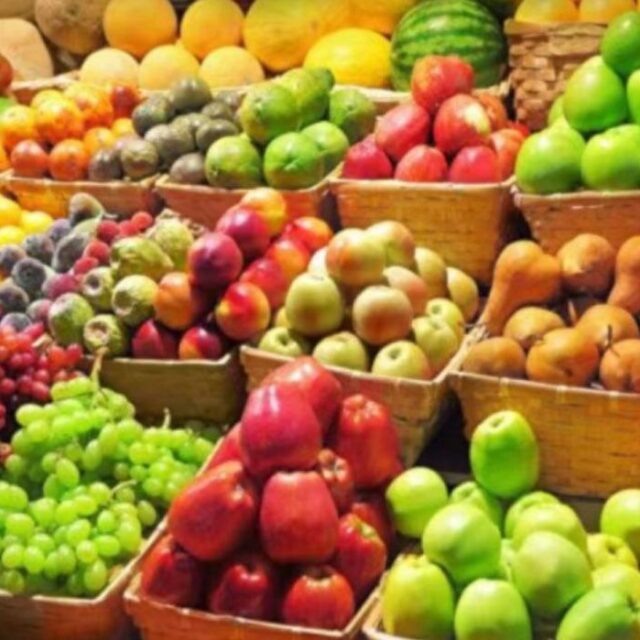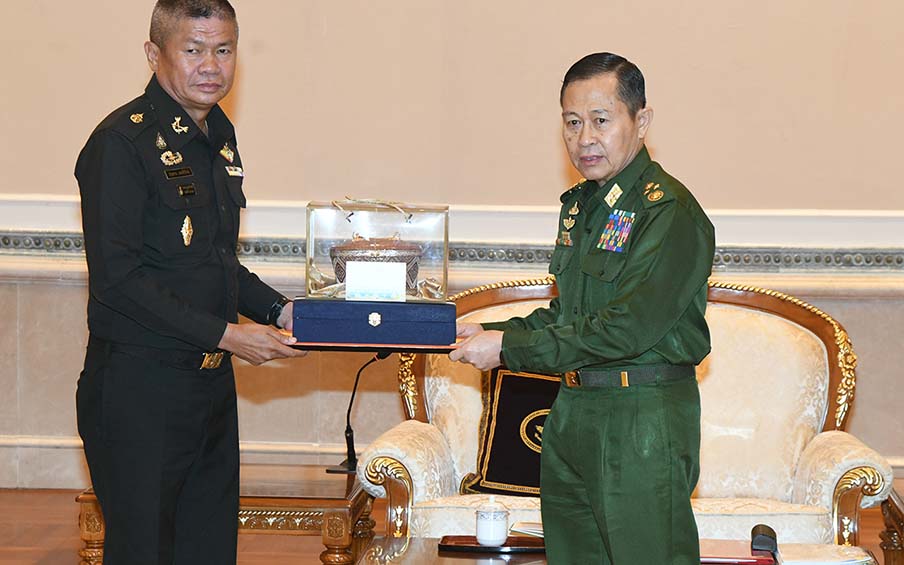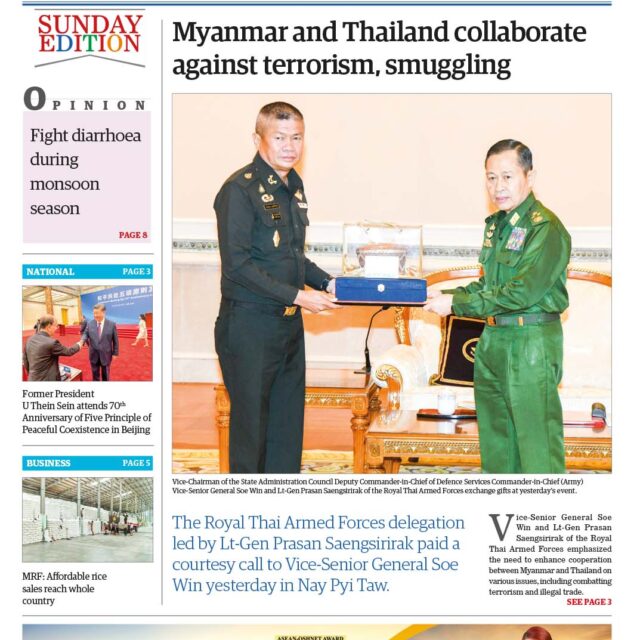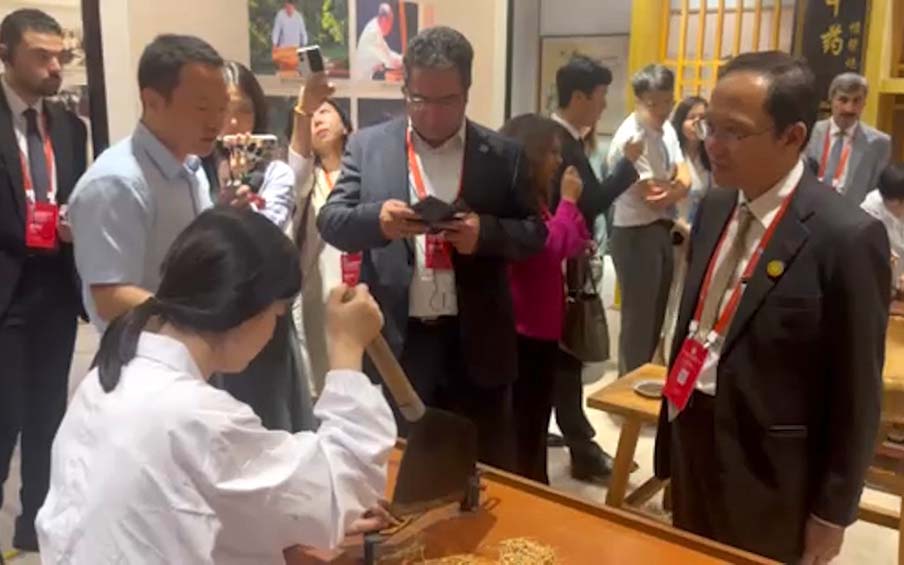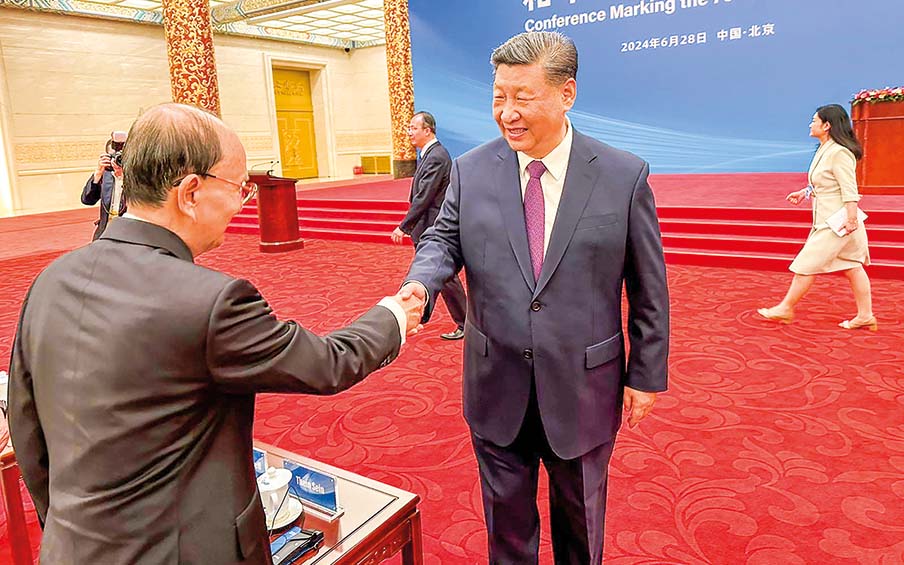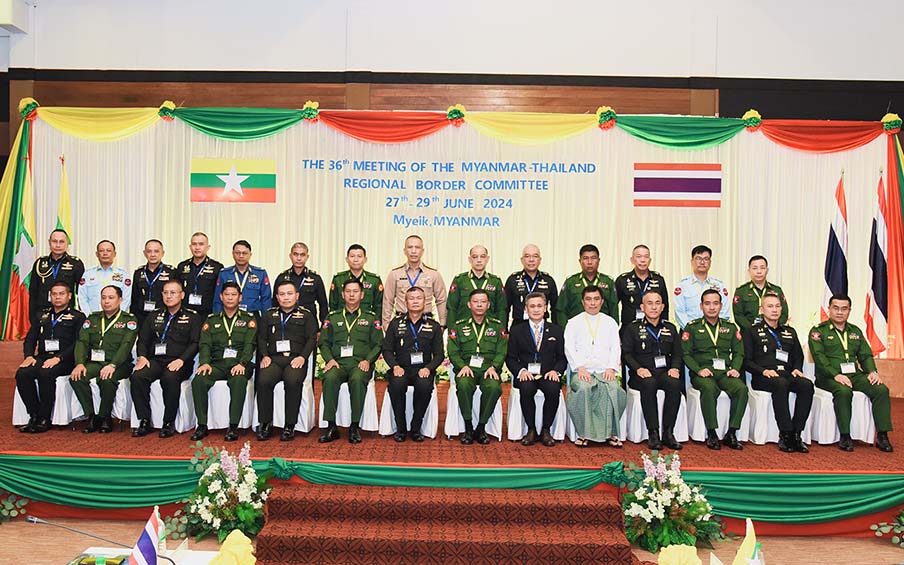In addition to domestic species, foreign flower species compatible with the climate are grown in PyinOoLwin, which is the place where the most significant number of flowers are cultivated. Most of these flowers are grown there and sold throughout the country.
Flowers from PyinOoLwin are used for offerings at pagodas, ceremonies, charity events, weddings, decorations, and daily life. Foreign flowers are traded better than domestic ones and are mostly distributed to the Nay Pyi Taw, Yangon, Mandalay, and Taninthayi regions. Agricultural farms and flower gardens in PyinOoLwin import flower seeds and seedlings from Japan, China, and Thailand, with an 80 per cent survival rate for these seeds. It is expected to use soil from the country of origin for cultivating seedlings, and if the necessary technology is available, the success rate increases. Currently, foreign flower seeds that are compatible with the region’s soil are being grown.
“In the past, we planted tulips using seeds from England. Now we buy them from China and plant many more. Most of the flower species grown in PyinOoLwin are imported from Japan, Thailand, and China. If we cross-breed local and foreign varieties to create new flower varieties, we will need significant technical support. Since PyinOoLwin distributes a variety of flowers nationwide, if we cooperate in developing and enhancing the flower capital’s botanical system, we can earn foreign income by exporting various flowers to countries such as China. The world will recognize PyinOoLwin as a city that grows diverse flowers. In PyinOoLwin, flowers are grown year-round, in summer, rain, and winter, for the country. PyinOoLwin is the pride of our nation,” said Daw Shwe Yee Tun, who is in charge of agriculture at December Flower Garden in PyinOoLwin.
A flower trade centre has been opened in China, supporting flower quality, researching new flower species, and increasing flower varieties. It provides flower market information services, technical support, finance, and transport. As the second-largest flower trade centre in the world and the largest in Asia, flowers are exported and sold to more than 40 countries every day. PyinOoLwin Township, where flowers are grown extensively, has many opportunities to export flowers and various orchid species to ASEAN countries.
In PyinOoLwin Township, the flower capital, the following flowers are most commonly planted during the rainy season: saffron, Chitti, Mawlamyine, basil (red/blue), dahlia, cock’s comb, kimono cock’s comb, myolong, peacock motif, Taunggyi daisy, dandelion, sunflower, spider flower, ball flower, alum, asparagus, rudbeckia, and torenia. During winter, flowers such as snow white, snow yellow, silver snow dust, mangosteen, sandalwood, carnation, basil (red/blue), dahlia, Chitti, rooster flower, legend, a ball of gold, six moonflower, tiger’s mouth, worthy of the king, platycodon, torenia, and rudbeckia are planted. In summer, flowers such as dry flowers, dahlia, aster, verbena, vinca, torenia, stock, pentas, lobelia, osteospermum, viola, cuphea, digitalis, pansy, gazania, geranium, gerbera, and gypsophila are cultivated and distributed throughout the season. — Nyein Thu(MNA)/TKO
PyinOoLwin: Myanmar’s blossoming hub for diverse flowers
- June 21, 2024
- 50

